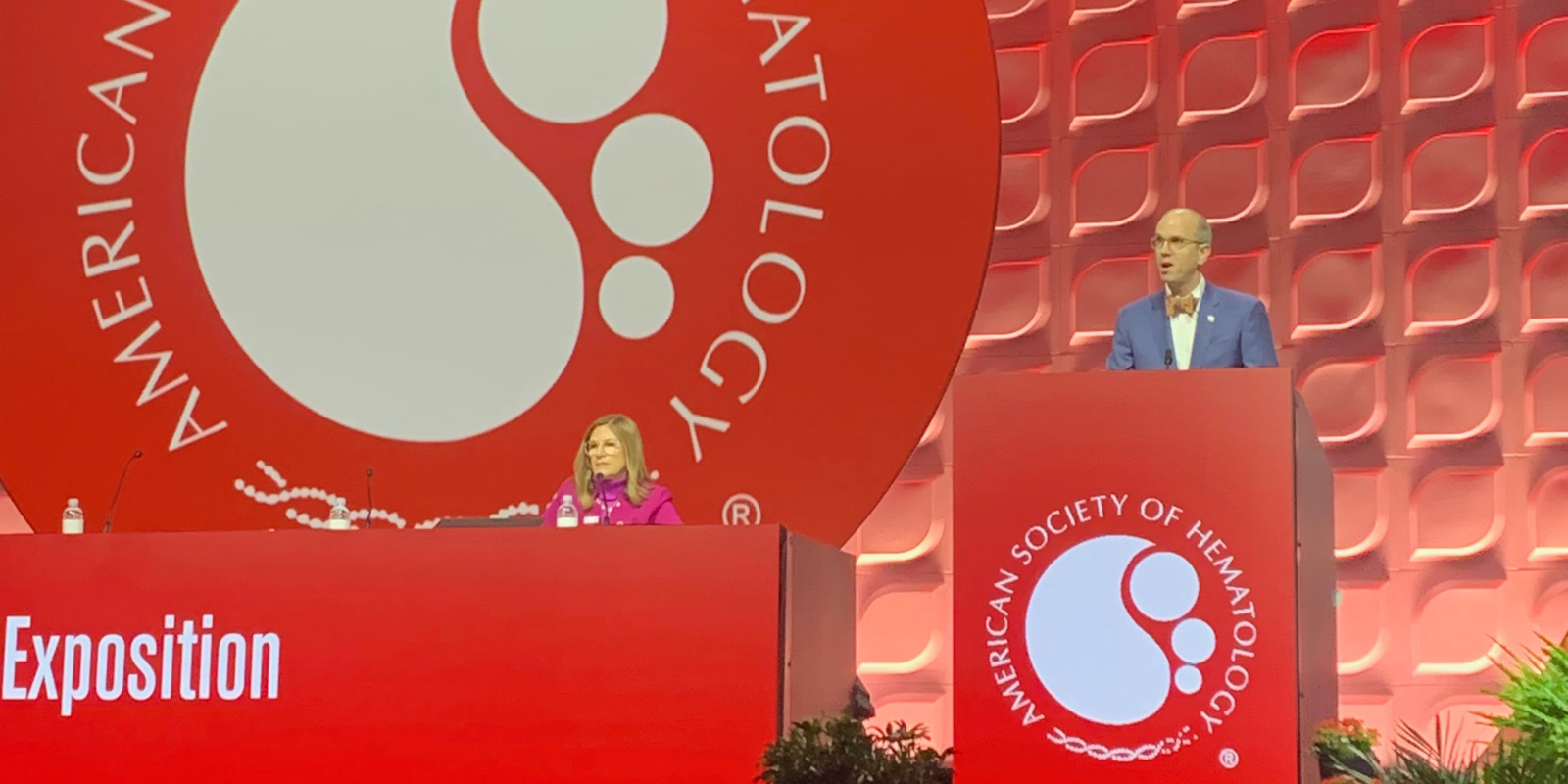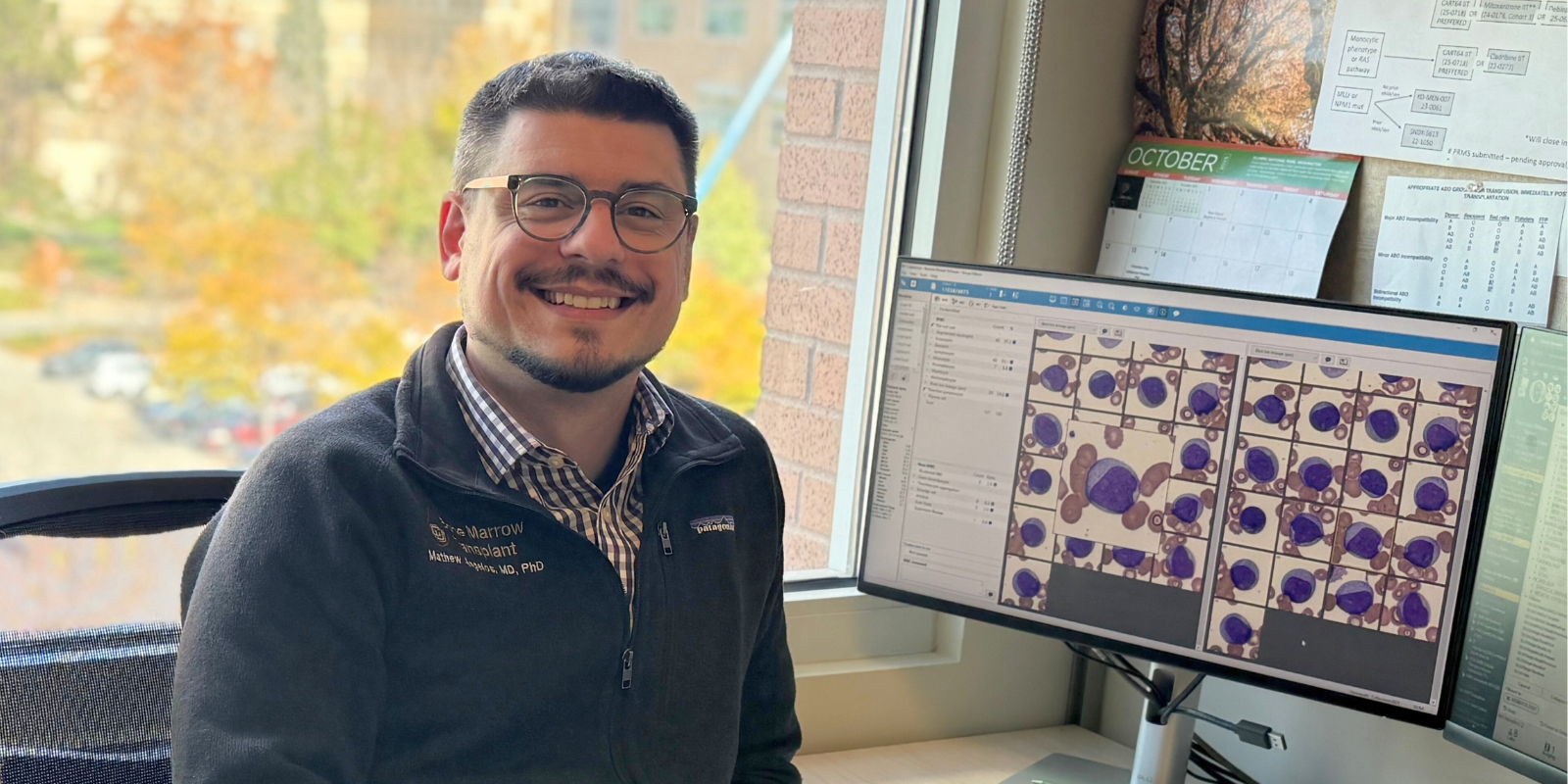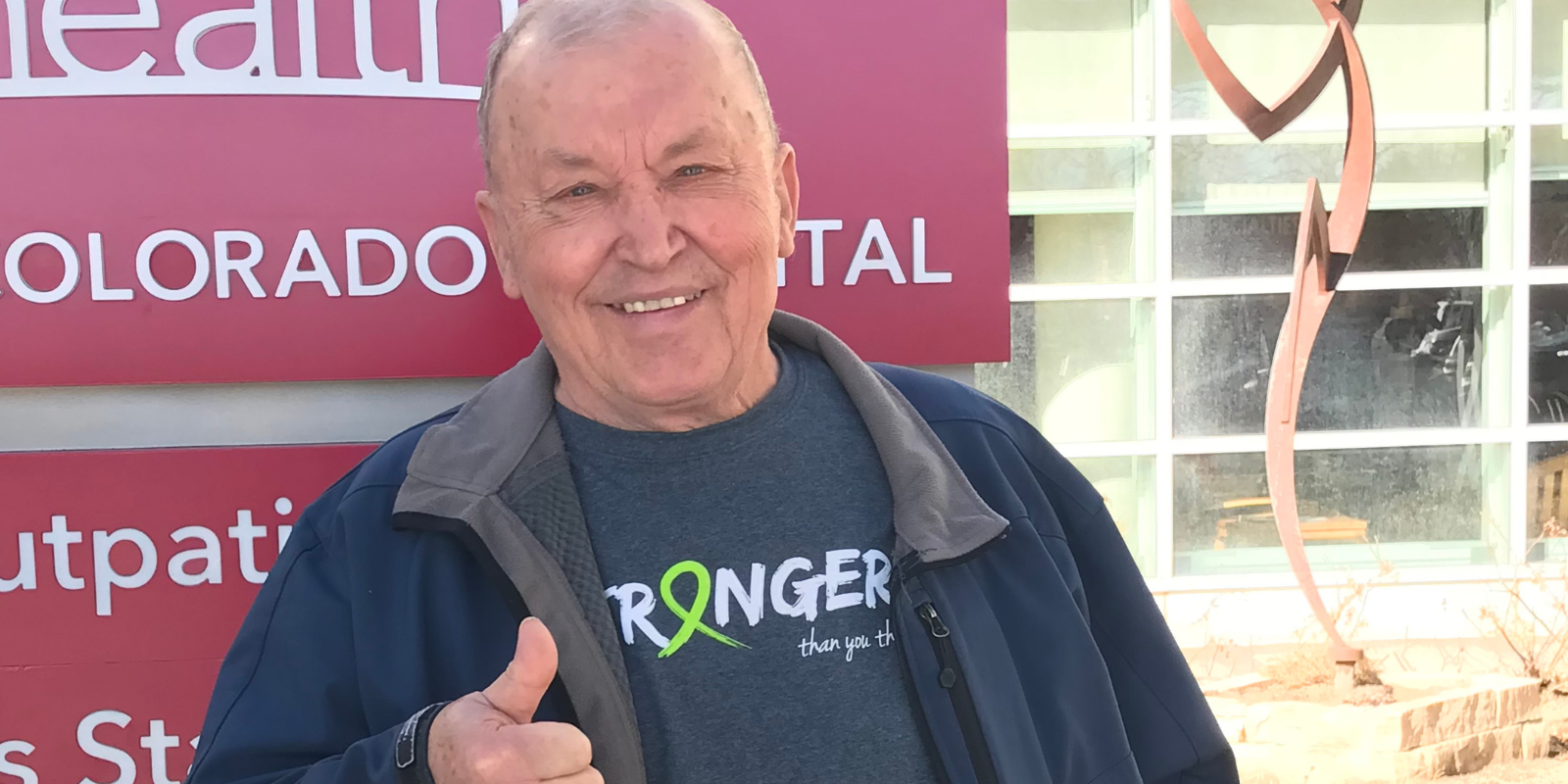It was time to move closer to family.
It was spring of 2020, and Codie Mendez was still grieving the loss of her brother, a California State Patrol officer who had been killed in the line of duty several months earlier. Adding to that the stress and the uncertainty of the rapidly developing COVID-19 pandemic, Codie and her husband, Mark, decided to move their family from Florida to Colorado to be closer to Mark’s parents.
Things were supposed to be easier, more comfortable.
But that wasn’t how it turned out.
Just as the couple and their four children began unpacking boxes in their new home in Firestone, Mendez began experiencing excruciating pain in her shoulder. When she went to touch the spot that hurt, she discovered a lump that within days had moved to her neck and begun to grow even larger.
“I woke up my husband and said, ‘You should feel this. Oh my god, this is huge,’” remembers Mendez, 30. “We went to urgent care that morning, and everybody was looking at me funny, and nobody seemed to want to tell me what was going on. I went home, and I started having trouble swallowing and was in a lot of pain. We decided to go to the hospital, and they told me, ‘You need to go to an oncologist.’”
A life-changing diagnosis
After two biopsies, Mendez was diagnosed with acute lymphocytic leukemia (ALL), a fast-moving blood cancer.
“They called and let me know that I would have to stay at the hospital for a month to get chemotherapy,” she says. “And I was like, ‘Well, how is that going to work? I have four kids, I’m a stay-at-home mom, and we're currently homeschooling because of the pandemic. How are we going to do this?’”

Codie Mendez with her family.
Luckily, family stepped in to help, including Codie’s sister, who volunteered to watch the kids. Mendez began 30 days of inpatient chemo treatment at UCHealth University of Colorado Hospital, but not before making an important sacrifice.
“Before I went into the hospital, they told me that most likely my hair was going to fall out from the chemo,” she says. “I had a huge, beautiful Afro, and my hair was everything to me. But I felt like it would be really traumatizing for me to be pulling out hair, or to wake up with hair on my pillow. I didn't want that to happen. We went to a barber, and she cut all my hair off, and she said, ‘My mom had cancer. You don't have to pay for this.’ She was really nice.”
Aggressive cancer
Mendez went through the first round of chemotherapy, plus two more over the months that followed, but it wasn’t enough. She had a rarer and more aggressive type of ALL called early T-cell precursor ALL, and tests showed that despite all the treatment, cancer cells remained in her blood. The next step was a bone marrow transplant.
“I cried when I heard that,” Mendez says. “I was really sad. My mom had always said, ‘lf it ever comes to that point, I'll be your donor.’ So I told her, ‘Well, here it is. It's your time to shine.’ I was scared, but I was trying to stay positive. I thought, ‘All I have to do is the transplant, and then everything is over.’”
That attitude is common among young people who are treated for ALL, says CU Cancer Center member Marc Schwartz, MD, who oversaw Mendez’s case.
“It’s really tough,” says Schwartz, assistant professor of hematology at the CU School of Medicine. “Early T-cell precursor ALL often affects young men and young women in their 20s, 30s, and 40s, so they're in the prime of their life. Many ALL patients are about to go into college, have just graduated from college, or have started families and have young kids. They just want to get through the treatment and get on with the rest of their lives. And that's what I want to do. I want to treat them, give them the best chance of being cured, and have them go back to their lives.”
Life after cancer
In Mendez’s case, the transplant did just that, and she is now in long-term remission. She still gets regular checkups to make sure the leukemia hasn’t returned, but for now, she is enjoying life after cancer. That includes a new appreciation for the comforts of everyday life, she says.
“Before cancer, I used to get really upset about small things,” she says. “Now, I am a nicer, calmer person. When I was in the hospital, I just kept thinking, ‘I just want to be able to be home and do the dishes. I would be happy to do that.’ I have a different perspective on life.”

Mendez with her sister, Lissette Solorio, who quit her job to take care of Codie during her cancer treatment.
The cancer experience also brought Mendez closer to her family — her husband, who was by her side throughout her treatment; her sister, who quit her job to take care of Mendez and make sure she took her medications; her mother-in-law, who watched the kids while Mendez wasn’t able to; and her own mother, who went through the pain and discomfort of donating bone marrow to help her daughter get better.
“I enjoy life more,” Mendez says. “I used to go through episodes of being depressed. I still have my ups and downs, but not as much as I used to. As crazy as it sounds, I'm not mad that I had cancer. I'm an overall better person because of what I went through.”

.png)


